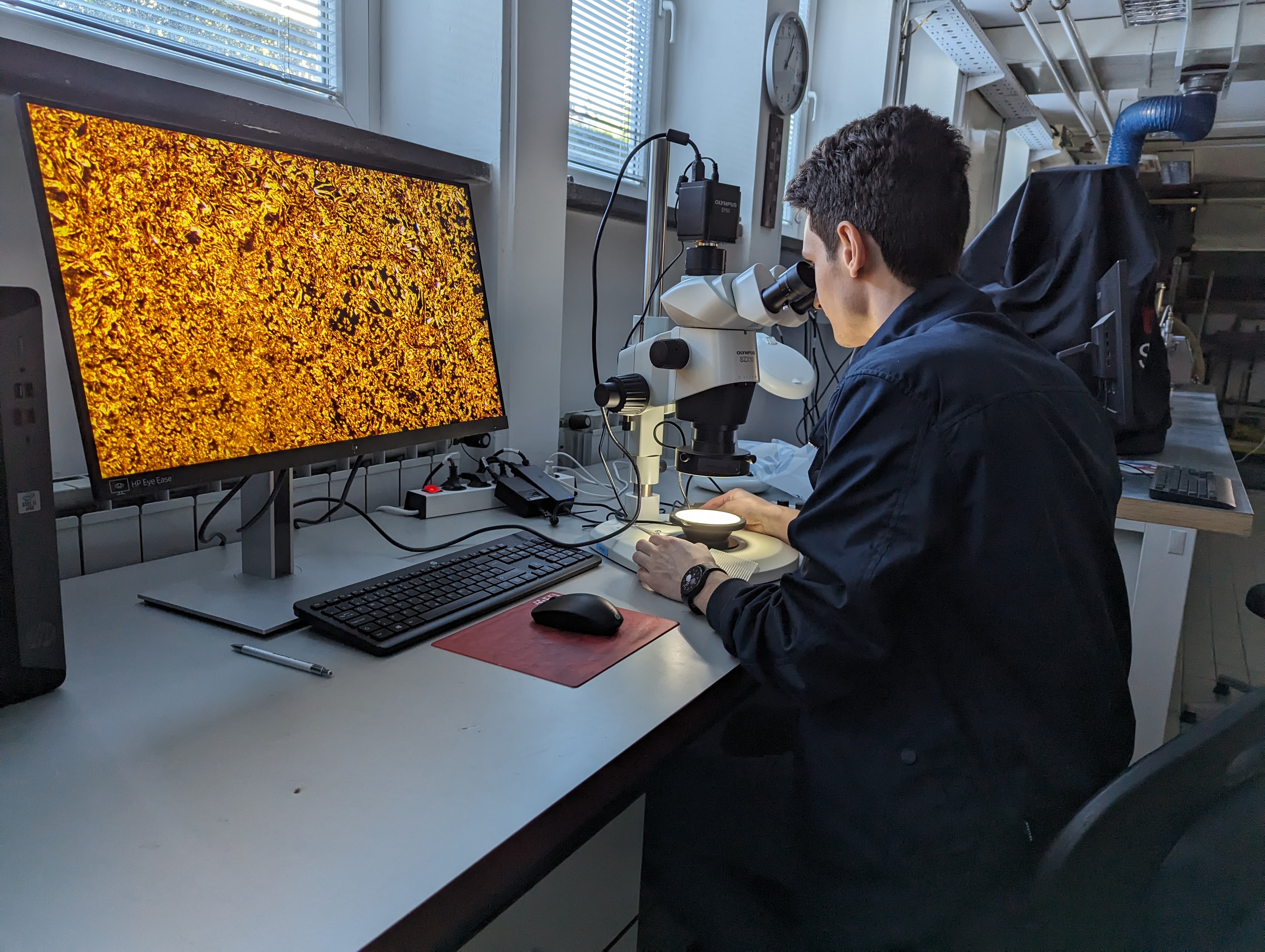
27 June 2024 – The Climate Change Mitigation and Adaptation Programme is being implemented in the 2014-2021 programming period and represents an important step towards sustainable development and reducing the negative impacts of climate change.
The programme aims to accelerate planning, strengthen institutional capacity, and implement demonstration actions that contribute to climate change mitigation and adaptation.
Increased application of circular economy principles
Under the Climate Change Mitigation and Adaptation Programme, six projects supported by the Norway Financial Mechanism have been implemented, contributing to increased application of circular economy principles in Slovenia.
Project CIRCI
The CIRCI project, led by the Chamber of Commerce and Industry Slovenia, focused on the transfer of good practices from Norway to Slovenia, the introduction of innovative and green technologies, processes and solutions, and the implementation of circular economy pilot projects. In addition to the project promoter, the project also involved the TECOS, Slovenian Tool and Die Development Centre, Institute of Metals and Technology and the Norwegian partner Eyde Cluster.
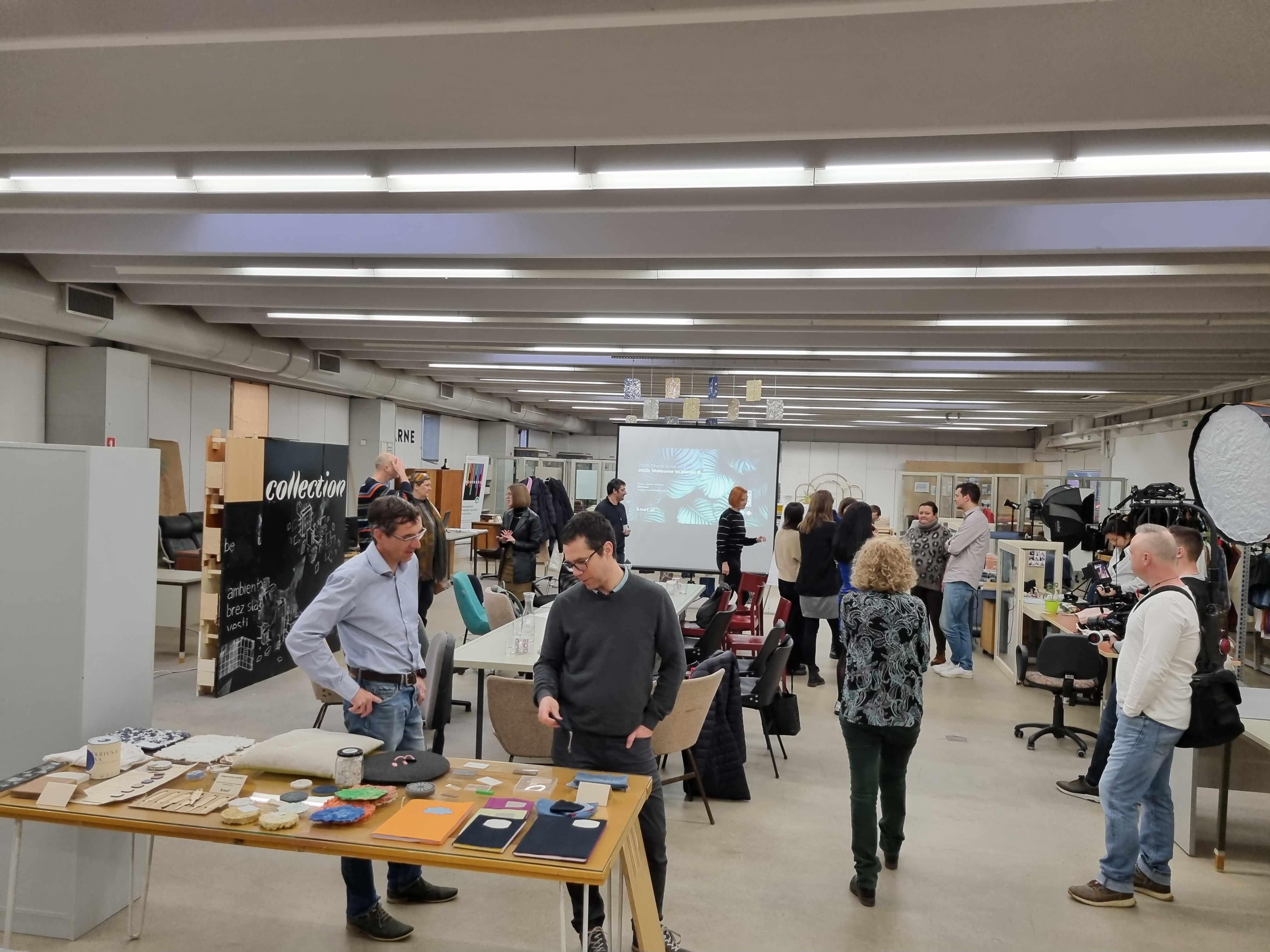
Project NovIKroG
The NovIKroG project, promoted by the Municipality of Novo mesto, included an analysis of local circular material loops and the impact of public procurement on circular material loops in the local environment. With the project they established an innovation centre for the circular economy, bringing together different stakeholders from research, business and local government, and promoted the development of circular procurement competencies. Project partners set up a circular public procurement model and a digital platform with the intend to promote the collection, processing and re-use of materials. The participating partners in the project are the Faculty of Industrial Engineering Novo mesto, Development centre Novo mesto, Ltd, the KNOF social enterprise, Public utility company Novo mesto, Ltd, and the Nord University from Norway.
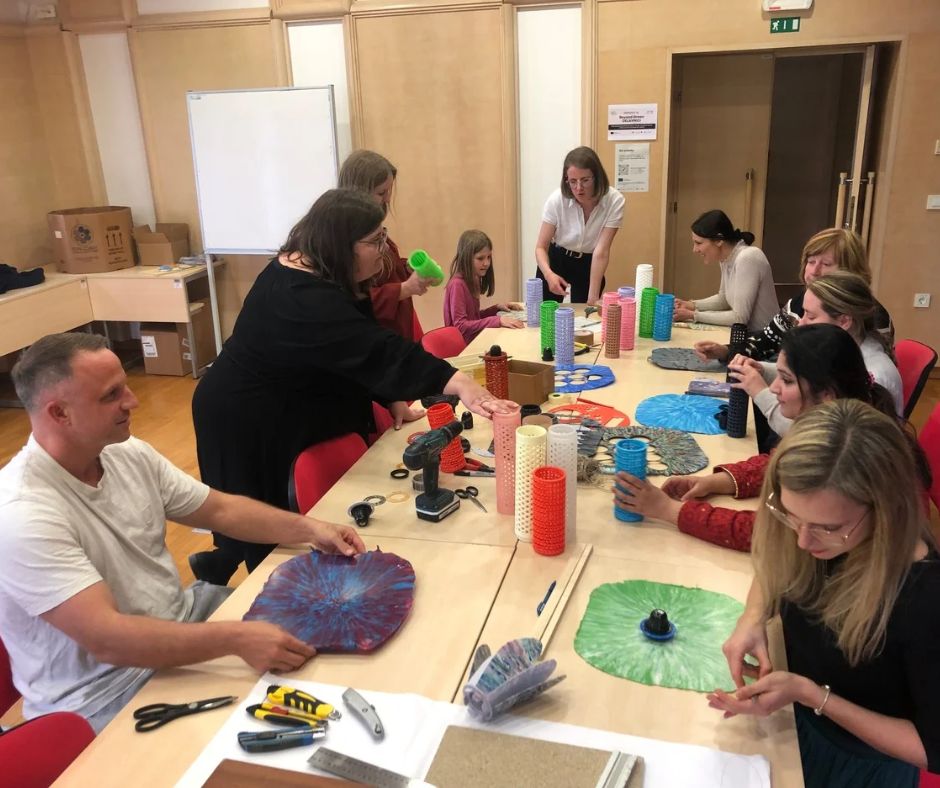
Project LFIA-REC
The LFIA-REC project, led by the University of Maribor, has established a recycling technology for LFIA rapid antigen tests, which enables the reuse of individual test components in the manufacture of new products. The project also involved Plastika Skaza, Ltd, the Faculty of Polymer Technology, the Institute of Metals and Technology, Zlatarna Celje, Ltd, the University Medical Centre Maribor and Surovina, Waste processing company, Ltd.

Project studioKroG
The studioKroG project, led by the Scientific Research Centre Ptuj, focused on the development and establishment of an innovative pilot facility “studio of the circular economy”. This facility is designed according to the principles of industrial symbiosis and includes a green roof and walls, rainwater harvesting and the use of waste textiles for thermal insulation. In addition, the project has provided creative workshops, practical demonstrations, training, and education to better understand the circular economy. The participating project partners are the Reuse Centre, implementation of procedures for the reuse of used equipment, Ltd, social enterprise, OKP Public company for communal services Rogaška Slatina, Ltd, Research and Development Center RRC Ormož, public institution, and the Norwegian Fonix AS.
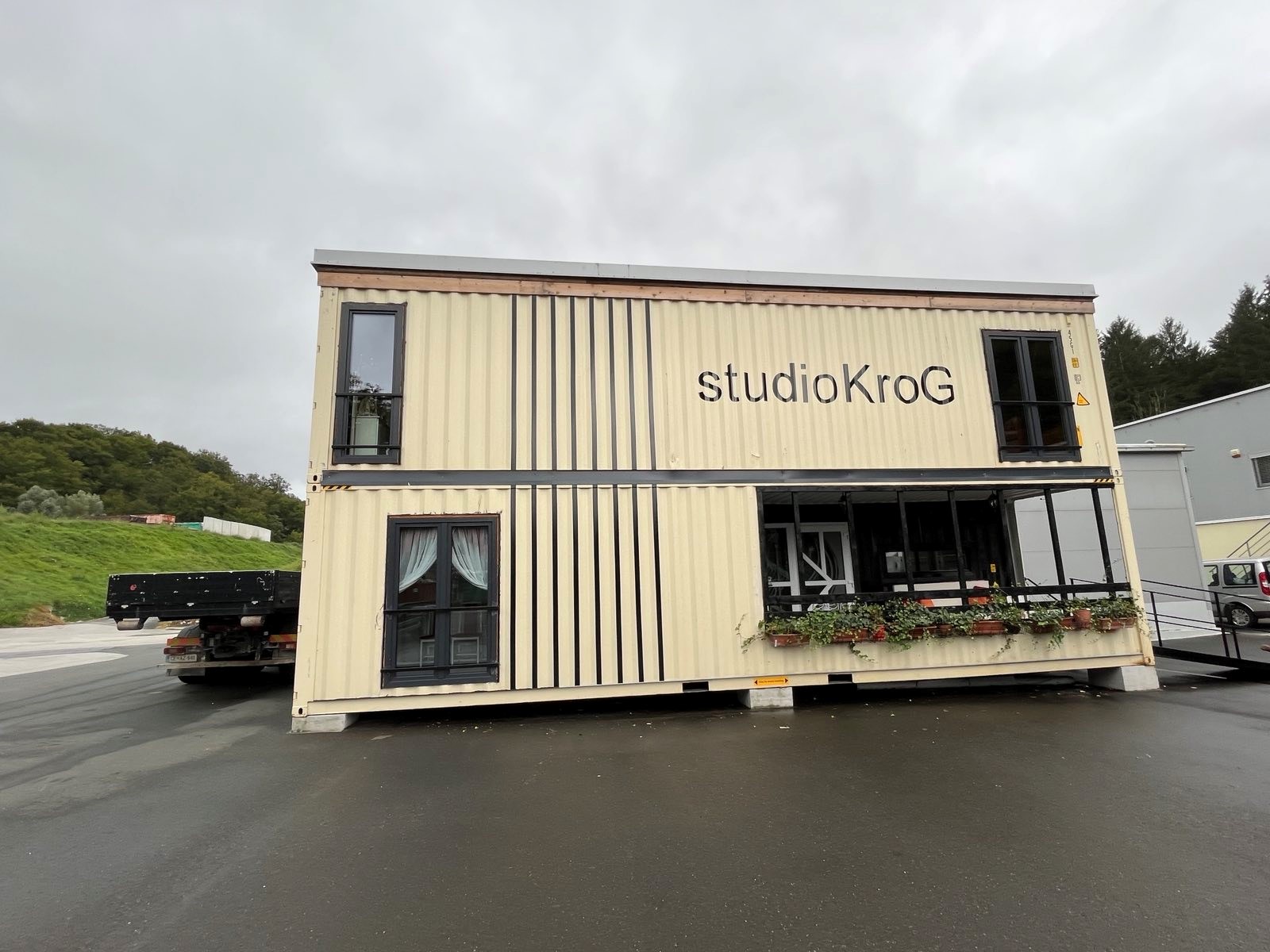
Project LEAP
The LEAP project, led by the Faculty of Mechanical Engineering, University of Ljubljana, has developed a learning-demonstration network that enables the design of bio-cellulose packaging also for heavier and more transport-intensive products that do not yet have an alternative to EPS packaging. The project has established a new business model based on the use of invasive non-native plants present in the local environment, which enables the production of high-performance packaging solutions. Besides the project promoter, the project also involved the Pulp and Paper Institute, Gorenje, Ltd, Surovina, Waste processing company, Ltd, and Norwegian partner SINTEF AS.
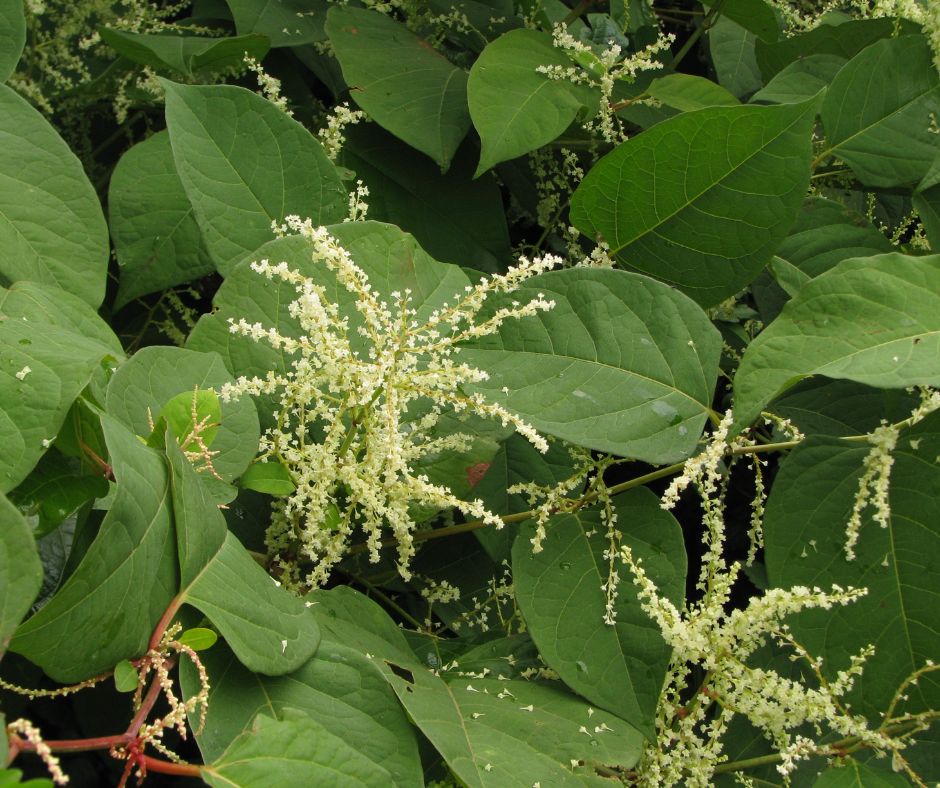
Project REWINNUSE
The REWINNUSE project, promoted by M SORA, trade and production, Plc, has led to the development of a new model of wooden window with glass, built with only dry components, which allows the window to be easily disassembled into its basic components and reused. The focus was also on finding alternative wood species and reusing waste wood. The participating project partners are the Biotechnical faculty, University of Ljubljana, the Slovenian Forestry Institute, and the Norwegian Institute of Bioeconomy Research.
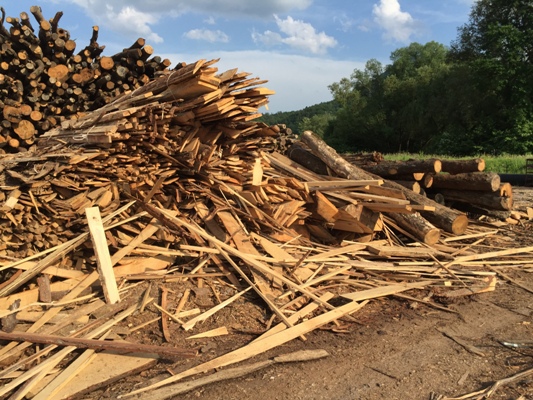
Contribution to the circular economy in Slovenia
All six projects focusing on the circular economy under the Climate Change Mitigation and Adaptation Programme have contributed significantly to the increased application of circular economy principles in Slovenia. The projects addressed different aspects of the circular economy, from the transfer of good practices from Norway to Slovenia, the introduction of innovative technologies and the establishment of circular economy centres, to the development of new materials and packaging solutions and the recycling of industrial products. The collaboration of different stakeholders, including universities, research institutes, municipalities, companies and Norwegian partners, has enabled the successful implementation of projects and the establishment of sustainable solutions.
SOURCES: CIRCI, NovIKroG, LFIA-REC, studioKroG, LEAP, REWINNUSE